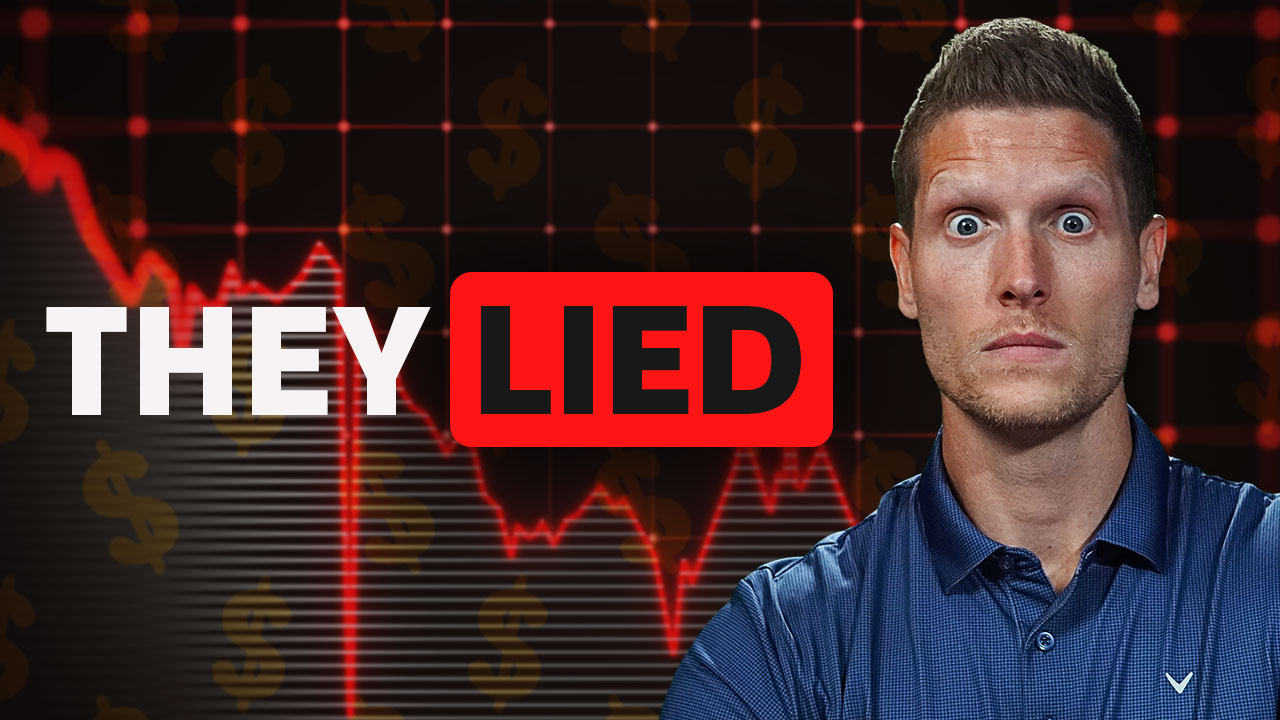We are going to move on to Perry’s question. This is a little, oh, maybe a little spicy. I’m going to see what you think. Here we go. It says, ‘Does the 25% savings rate apply to high-income earners? My income is $460k. Hitting the 25% mark is challenging in this tax bracket.’ A little spicy, maybe some hot takes on the way. I’m not sure; I don’t know. I don’t know what state you live in. $460,000, a lot of income. That’s awesome. It certainly puts you into a higher tax bracket. If you live in a state that also has high tax brackets, then you’re going to be paying a lot of taxes. So yeah, 25% might be hard to hit at $460,000. It’s because it should be. 25% is not supposed to be an easy thing because what I’m hearing you say, Perry, is if I’ve got $460,000 coming in but it’s hard for me to save 25%, you know I’m paying these taxes, that tells me some money is going out for lifestyle. I’m just doing some simple mathematics here, right? Like there’s some spending happening for lifestyle.
Well, the reason we want you to save 25% is so that you can replace the lifestyle you want to live when you get financial independence. If you’re living high on the hog now and you’re saving 10%, when you get to financial independence, you’re going to have to take a pay cut. And I don’t think that most people want to do that. Is it Margin Call where they’re out there smoking the cigarettes on the porch or the roof? Oh yeah, and he’s like, ‘Let me tell you how I make a million dollars a year,’ and he goes through how expensive his mortgage, the private school, the Ferrari, Lamborghini, and before you know it, he’s broke at the end. Perry, you have enough income to save and invest 25%. I did the—I’m always scared doing public math because I don’t actually have my—I was like reaching in my pocket doing phantom grabs of my phone, but it’s $115,000, okay? I mean, on $460,000, I mean, even if you were paying 40% taxes, there’s lots of money left there. So I’m just going to tell you, yes, Perry, you need to be saving and investing 25%. It’s going to be a heck of a lot easier for you to save and invest 25% than somebody is making $50,000 a year, and we have people who are doing it. So um, just make sure your consumption because Bo is exactly right. I think those who make more, you don’t realize you’re so far above the social safety net that you ought to be scared to death to think about when you actually reach financial independence if you haven’t built your own assets up to work harder than you can with your back, your brain, and your hands. It’s going to be a rough future for you because you have got a consumption lifestyle that burns through so much of this money that you better have something underneath you to keep it and make it easier because—and the longer you wait, the harder it’s going to get. True or false, the higher your income is, the more important it is that you’re hitting 25%? Yeah, I don’t even—I’m scared to ask what B said, true there. That’s a true. I think it’s a disappointing true, but it’s true because you can’t rely on Social Security, or you can’t just expect to completely slash your lifestyle down to nothing when you retire.
And here’s the other thing I have found in my own experience of being around neighbors and others who have good incomes. It’s harder, in the fact that you can’t—if you lose your current job, you might have to move to a different state or a different area because it’s just—it’s not like $460,000 jobs are just everywhere. So it’s just one of those things. I would plan accordingly and be scared to death to make sure that your lifestyle reflects where you want to be. I mean, I think that sometimes, especially—I don’t know what Perry’s age is, but young people, especially if you have great incomes coming in, you’re not—you’re—you’re success is not assured. So it’s even more on you to make sure you get as much in the bank and invested because there’s a lot of pressure with that type of income to make sure it’s fruitful and it works for you. So you don’t let your lifestyle creep get to a point that you have to come down the hill. Yep. For more information, check out our free resources.













